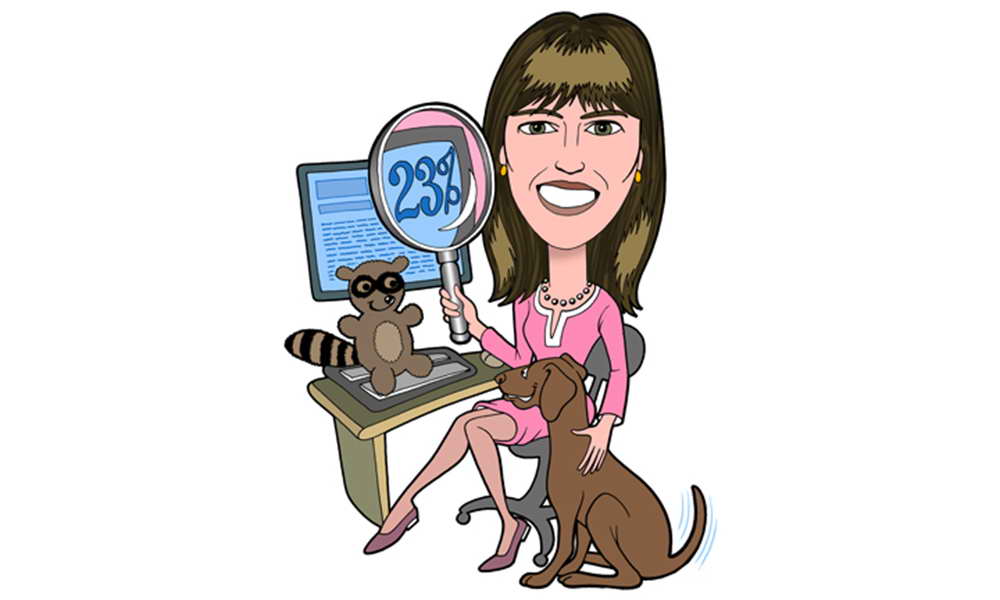By Barbara Carvalho
While Washington continues to do what Washington does badly… namely, negotiate budget deals… Americans are impatiently waiting for our national political leaders to provide some relief from this long-lasting economic slump. I suspect people aren’t finding much solace either in the economic jargon frequently bandied about in an effort to help Americans grasp what they are already experiencing.
 A few examples come to mind. The latest popular phrase that causes Americans angst is “double dip recession.” Despite the official “end” to the recession two years ago, the public isn’t buying it. In fact, 75% of Americans in the latest Marist-McClatchy national survey think the U.S. economy remains in a recession. A double dip? Not if you don’t think the first one has ended yet.
A few examples come to mind. The latest popular phrase that causes Americans angst is “double dip recession.” Despite the official “end” to the recession two years ago, the public isn’t buying it. In fact, 75% of Americans in the latest Marist-McClatchy national survey think the U.S. economy remains in a recession. A double dip? Not if you don’t think the first one has ended yet.
This isn’t the only offering of termonomics that makes people edgy. It’s helpful hints to economic understanding like underemployment, stagflation, and the misery index that also come to mind.
Maybe an effort should be made to cut back on the losing lexicon of lousy economics and express money matters in ways that better capture the realities of people trying to make ends meet. Several findings from our recent national survey might be enlightening. First, 53% Americans think that regarding the U.S. economy the worst is yet to come. Second, 72% of Americans expect their personal family finances to remain the same or get worse in the coming year. This figure is largely unchanged since President Obama took office. And finally, 39% of people describe the cost of living in their state as not very affordable or not affordable at all.
Hopefully, that provides a little clarity to what’s going on financially outside the budget deliberations. Sorry, but we didn’t ask about a double dip recession.

